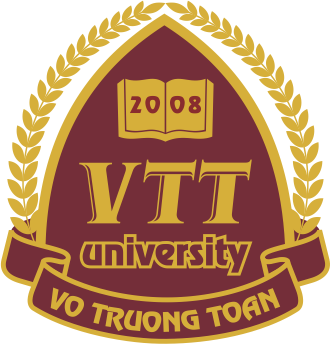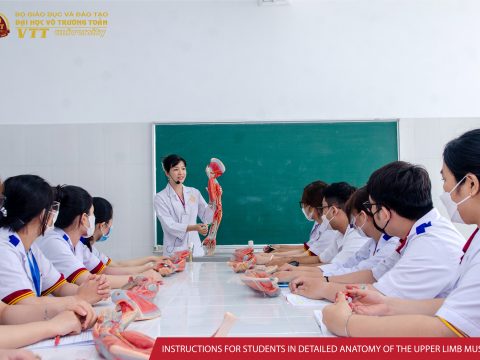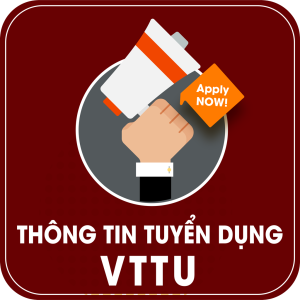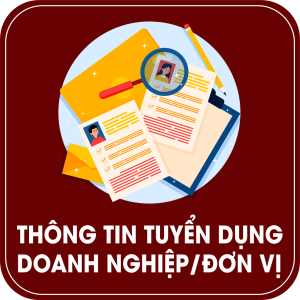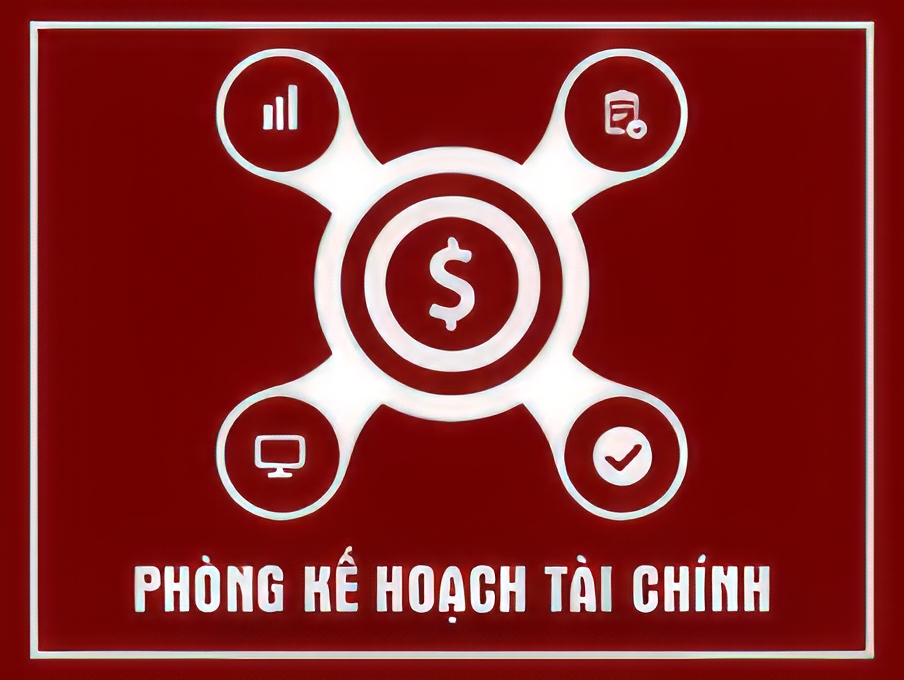
Thông báo Quy định mức học phí xin thôi học hoặc chuyển trường đối với sinh viên tại Trường Đại học Võ Trường Toản (25/4/2022)
25/04/2022
Thông báo Quy định nghĩa vụ nộp học phí và hình thức xử lý đối với người học nộp học phí không đúng quy định (25/4/2022)
28/05/2022On the occasion of the 47th anniversary of the liberation of the South and the reunification of the country (April 30, 1975 – April 30, 2022) and the 136th anniversary of the International Labor Day (May 1, 1886 – May 1, 2020. 2022). Let’s learn about the history and meaning of the day liberation of the South, reunification of the country 30/4 and International Labor Day 1/5.

Liberation Army tanks entered the Independence Palace on April 30, 1975
History and meaning of the liberation of the South and the reunification of the country on April 30
47 years ago, the general offensive and uprising in the spring of 1975, culminating in the historic Ho Chi Minh campaign, won completely. April 30, 1975 went down in the nation’s history as a brilliant milestone that brought our country into a new era, the era of national independence and socialism. The whole Party, the people, and the army from here focus their energy and wisdom on healing the wounds of war and building a new life; building and defending the socialist Vietnamese Fatherland. The victory on April 30, 1975 is a great achievement in the cause of national liberation and social liberation led by our Party and President Ho Chi Minh; It is a heroic and resplendent history on the road to building and defending the country for thousands of years of the nation’s history. Our army and people have defeated the greatest and most ferocious enemy of advanced mankind; gloriously ended the 30-year battle for independence, freedom and reunification for the Fatherland; put an end to the more than a century of domination of old and new colonialism in our country; is a typical victory of the world revolutionary forces, contributing to promoting the struggle of the world people for the goal of national independence, peace, democracy and social progress; cheering and encouraging the nations that are carrying out the national liberation and anti-colonialism worldwide.
At the end of 1974 – the beginning of 1975, realizing that the situation of comparing forces in the South had changed rapidly in favor of the revolution, the Politburo of the Party Central Committee set out a plan to completely liberate the South in 1975 and 1976. The Politburo emphasized “all 1975 is an opportunity” and specified “if the opportunity comes in early or late 1975, immediately liberate the South completely in 1975”. The Politburo also emphasized the need to take advantage of the opportunity to win quickly to reduce the loss of life and property to the people, to well preserve the economic base and cultural works, and to reduce the devastation of war. After the victory of our army in the Central Highlands campaign and the Hue – Da Nang campaign, the Politburo commented: “The strategic opportunity has come, we have conditions to soon complete the determination to liberate the South” and have made the decision: “must gather forces, technical weapons and materials to liberate the South before the rainy season”, and the campaign to liberate Saigon-Gia Dinh was decided by the Politburo named “” Ho Chi Minh campaign”. Before attacking to liberate Saigon, our troops attacked Xuan Loc and Phan Rang, which were the key defense bases of the enemy to defend Saigon from the east.
At 5:00 p.m. on April 26, our troops opened fire to open the campaign, and our five wings broke through the enemy’s defenses to enter the center of Saigon, capturing their headquarters. At 10:45 a.m. on April 30, our tanks and infantry entered the Independence Palace, arresting the entire Cabinet of Saigon, Duong Van Minh, who had just become president on April 28, had to declare his surrender. We are not conditional. At 11:30 a.m. on the same day, the revolutionary flag flew over the Independence Palace, signaling the victory of the historic Ho Chi Minh campaign.

Soldiers and people of Saigon on April 30, 1975
Historical significance: The great victory in the spring of 1975 proved our Party’s wisdom and tactic in leading and directing the revolutionary war, as well as demonstrating the rebellious spirit of the Vietnamese people in the struggle against war. invaders. The victory ended the yoke of imperialism and feudalism in our country, completed the people’s democratic national revolution, unified the country, and at the same time opened a new era of the nation. The whole country is moving towards socialism. This victory has entered the history of our country and the world, as a brilliant historical page in the 70s of the 20th century, of international and profound significance. Comrade Pham Hung, Political Commissar, on behalf of the Ho Chi Minh Campaign Command said:
The victorious Ho Chi Minh campaign was the culmination of the earth-shattering General Offensive and uprising of our army and people from early March to April 30, which quickly smashed the enemy’s last lair, liberated Saigon in a very short time, annihilated, disbanded and captured all enemy forces, overthrew the entire system of henchmen government from the central to local levels, successfully ended the General Offensive and uprising of the whole region, fulfilling the historical task of the people’s national democratic revolution in the whole country.
If in the past, with the Dien Bien Phu Campaign, we defeated the old colonialism, today, with the victorious Ho Chi Minh Campaign, we have ended the new colonialism of the US imperialists in Vietnam. Vietnam, fully implement the sacred testament of the beloved Uncle Ho.
Since the establishment of the Party, through nearly half a century of continuous struggle, the people’s democratic national revolution has now been completed throughout the country. General Van Tien Dung. The commander of the campaign concluded: The complete and complete victory of the 1975 Spring General Offensive and Uprising was the greatest and most glorious victory in the history of thousands of years of nation building and defense of the country. our nation, ushering in a promising new era for our country. This victory created all the basic favorable conditions for our people to successfully build a peaceful, unified, independent, democratic and prosperous Vietnam, contributing to the defense of peace in Southeast Asia. and in the world.
Cause of victory: Firstly, the correct leadership of the Communist Party of Vietnam is the leading decisive factor in ensuring the victory of the Vietnamese revolution.
Second, the people and the people’s armed forces have upheld the tradition of patriotism, revolutionary heroism, wholeheartedly following the Party, following Uncle Ho, fighting bravely, tenaciously, and persistently. selfless labor for the independence and freedom of the Fatherland, for socialism and for human rights. Third, the whole country unites, united in will and action, above and below, with one heart, millions of people as one, determined to defeat the invading American aggressor. Fourth, combine the strength of the nation with the strength of the times, forming a synergy to defeat the US and defeat the US. Fifth, there is solidarity and fighting alliance with the Lao people and the Cambodian people; international solidarity.
Lessons Learned. First: Determine the right and creative revolutionary line, suitable to the characteristics of the Vietnamese revolution. Second: Promoting the great unity of the whole people, combining the strength of the nation with the strength of the times.
Thirdly: Apply creatively and flexibly the method of revolutionary struggle, the method of conducting all-people war and the military art of all-people war, building and developing the theory of revolutionary war and war. Vietnamese People’s Painting. Fourth: Be proactive, sensitive and flexible in directing revolutionary war strategies and the art of creating and seizing opportunities to win decisive victories.
Fifth: Always focus on building the Party in all circumstances, raising the fighting strength and promoting the effectiveness of the Party’s leadership.
History and meaning of International Labor Day 1/5
Immediately after the establishment of the First International in 1864, Marx considered shortening the working time a task of the proletariat’s struggle. At the First Congress of the Communist International I meeting in Geneva (Switzerland) in September 1866, the issue of fighting for the 8-hour working day was considered an important task. The 8-hour workday slogan soon appeared in some parts of England, the country with the earliest industrial development. Claims has now spread to other countries.
Due to the fact that British workers and employees emigrated to the US, the movement to demand eight hours of work thrived in the US from 1827, along with it was the proliferation and development of the Trade Union movement. In 1868, the American authorities were forced to pass a law to fix 8-hour working days in government agencies and enterprises. But private enterprises still keep working days from 11 to 12 hours.
In 1884, in the large industrial city of Chicago, the Congress of the American Confederation of Labor passed a resolution stating: “…From May 1, 1886, the working day of all workers shall be eight o’clock. “. The reason May 1 is chosen because this is the beginning of an accounting year in most factories and enterprises in the US. On this day, a new contract between the worker and the owner will be signed. Capitalist owners can

Student at Martial Arts University Toan
In fact, in recent years, staff and lecturers of the University have always been active in teaching and scientific research, constantly improving their professional qualifications to meet new requirements of society. In addition, the Youth Union – Student Union of Vo Truong Toan University, in parallel with the task of studying and training, has always focused on educating revolutionary ideals, patriotism, and promoting heroism. revolution, the spirit of self-reliance and self-reliance, the spirit of great national unity, nurturing ambitions and aspirations to “build a prosperous, civilized and happy country”; raise the sense of responsibility for the cause of national construction and defense, promote the youth volunteer movement, shock and creativity among students through many activities of “reciprocity” and traditional education. “Drink water, remember the source” such as participating in cleaning and visiting families with meritorious services to the revolution, as well as participating in meaningful social activities such as programs: Green summer, Exam season support , Sunday volunteering; at the same time join forces standing foot in the area in the prevention of the Covid-19 epidemic, fighting against views to deny the victory of the Party, State, army and people… in order to not stop nurturing and cultivating the good traditions of the Vietnamese people in the context of the new situation of the country today.
GV. Duong Ngo Chuong
Faculty of Political Education and National Defense




